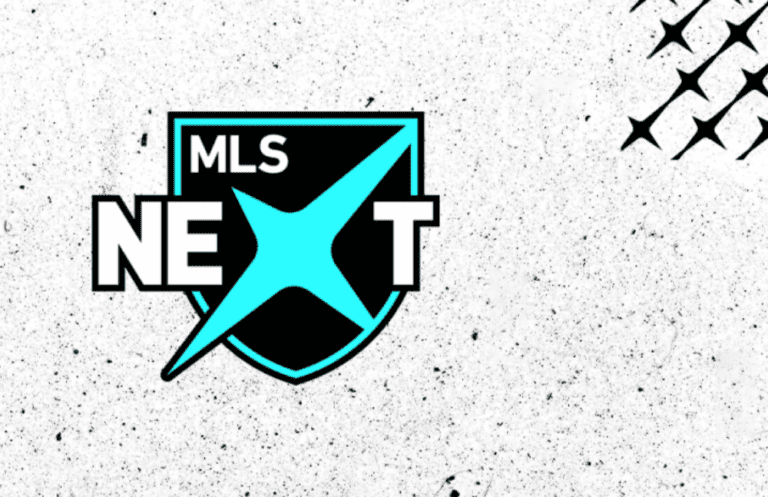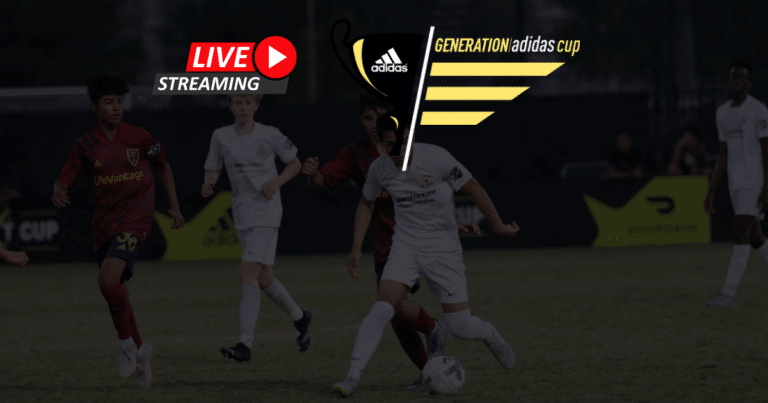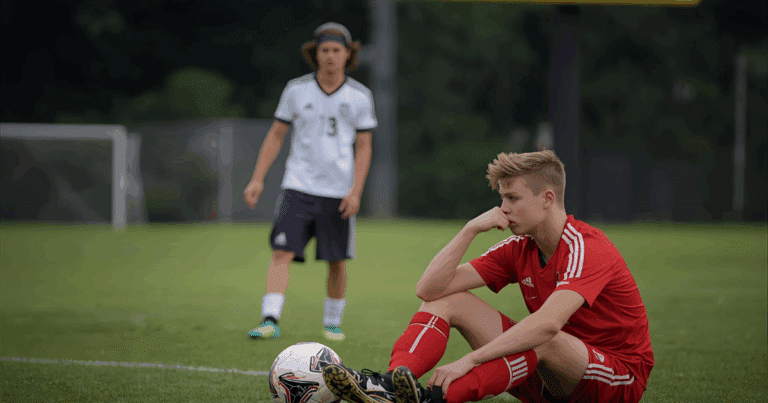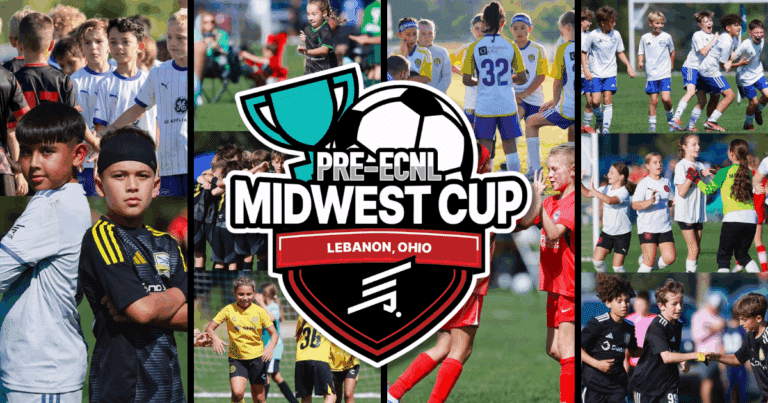10 Things I Wish I Knew Before Signing My Son Up for Club Soccer
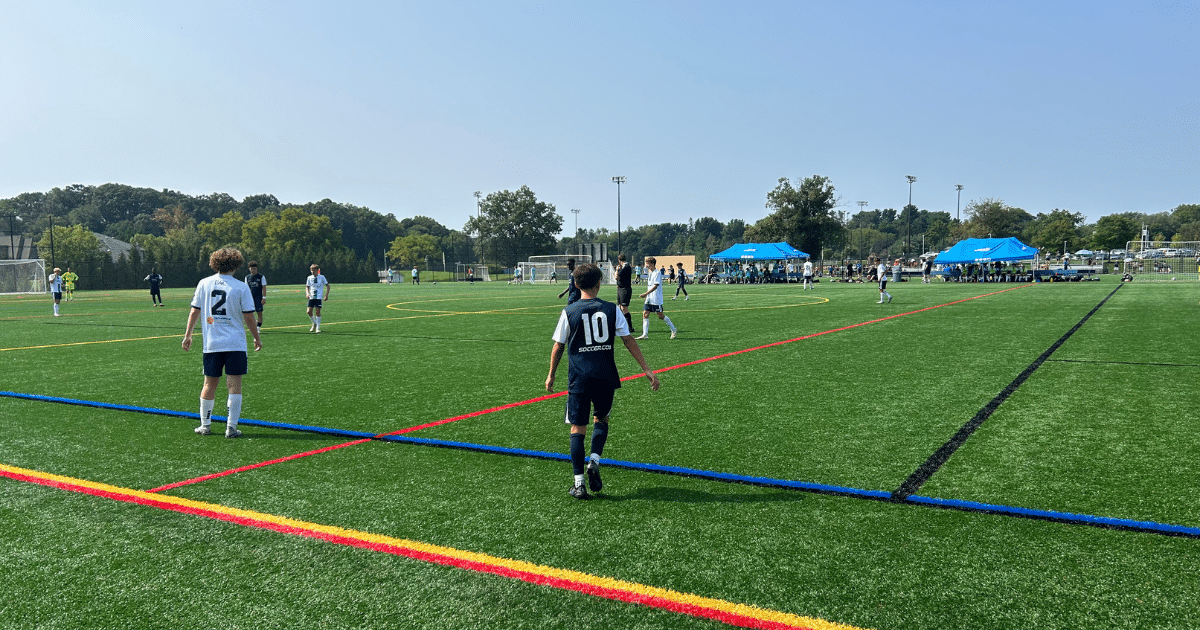
Club soccer is more than just tryouts and Saturday games—it’s a full family commitment that comes with hidden costs, lost weekends, and lessons you can’t learn anywhere else.
Now that my son is U17, I’ve had plenty of time to reflect on what I wish someone had told me when we were just starting out.
Here are ten things that would’ve made the journey a little smoother. I hope it helps as you begin or continue the journey.
1. The True Cost Isn’t Just the Fees
When we signed that first registration form, I looked at the number and thought, “Okay, we can handle this.” What I didn’t realize was that the registration fee was just the appetizer. The real meal came in waves throughout the season
Uniforms aren’t cheap ($200+)—and you’ll need more than one. Then there are tournament fees, which somehow always seem to pop up. Weekend travel means gas, hotels that fill up fast (so you’re paying premium prices), and meals on the road because let’s be honest, nobody’s packing sandwiches for a 6 a.m. game three hours away.
Related: We Spent $7,615 on My Son’s Soccer in 2022
Before you know it, you’ve spent double or triple what that initial invoice said. I’m not saying this to scare anyone off, but go in with your eyes open. Maybe start a soccer fund early—you’ll thank yourself later.
The pay-to-play model is real in youth soccer.
2. Your Weekends (and Weeknights) Will Disappear
Remember lazy Sunday mornings? Yeah, those will be gone! Once you’re in club soccer, your calendar gets taken hostage. Practices during the week, games on weekends, and tournaments that stretch across entire holiday weekends. Family barbecues? You’ll be eating snacks in a folding chair on a sideline somewhere.
And here’s the thing—it’s not just your kid’s schedule. If you have other children, their activities start bending around soccer too.
But weirdly enough, you adapt. It becomes your new normal. You learn which fields have the best snack bars and which parking lots fill up first. It’s exhausting, but it’s also where you live now.
3. Politics Are Part of the Game
This one stung a little when I first noticed it. I thought club soccer would be pure meritocracy—best players play the most, simple as that. But like anything involving people, there’s a layer of politics underneath.
Sometimes playing time isn’t just about performance. It can be about which parents are the loudest or which families have connections with the coaching staff. Also, coaches will always have favorites.
It’s uncomfortable to talk about, but it’s real.
I’m not saying it happens everywhere or all the time, but it happens enough that you should be aware. The best thing you can do? Keep your kid focused on what they can control—their effort, attitude, and improvement. The rest is noise.
4. Not All Clubs Are Built the Same
Before you sign on the dotted line, do your homework. Not all clubs have the same mission.
Some are trophy hunters—they stack teams, chase wins, and move kids around to build the strongest roster possible. Others genuinely care about long-term development, even if it means losing games while younger players figure things out.
Neither approach is automatically wrong, but you need to know what you’re getting into. Ask questions. Talk to other parents who’ve been there a few years. Watch how coaches interact with players during games. If a club says they prioritize development but their U12 coach is screaming at refs every weekend, that tells you something. Find a place that matches your family’s values and your kid’s needs.
And always remember, the grass is seldom greener on the other side.
5. Coaches Make or Break the Experience
I can’t overstate this one. A great coach is worth their weight in gold. They build your child up, teach them resilience, and help them see the game—and themselves—in new ways.
My son had a coach a few years ago who genuinely changed how he approached challenges, not just in soccer but in school and life too.
On the flip side, a bad coach can drain the fun out of the game faster than anything else. If your kid is coming home deflated week after week, or if you notice their confidence crumbling, pay attention.
Sometimes a coaching change is what’s needed, even if it means switching teams or clubs. Protect your child’s love for the game above all else!
6. Travel Will Test (and Bond) Families
Let me be real— tournaments and showcases are exhausting. You’re sometimes waking up at 5 a.m., driving hours with a car full of gear, staying in hotels where the continental breakfast is gone by the time you get there, and spending money like it’s going out of style.
But here’s the other side: those road trips become some of your best family memories. Inside jokes from bad GPS directions. Late-night team dinners where the kids are laughing so hard they’re crying. Watching your child score their first tournament goal while you’re standing in the rain with twenty other parents who feel like extended family now.
It’s definitely a fun grind, but it’s also magic. You’ll complain about it in the moment and miss it desperately later. I can already feel the feeling bubbling up as my son starts to age out in a couple of years.
7. Burnout Happens Faster Than You Think
I’ve seen this happen to some of my son’s teammates over the years.
Kids can burn out, and when they do, it’s heartbreaking to watch. Too many games, too much pressure, not enough downtime—it all adds up.
Pay attention to the signs. Is your kid dragging their feet to practice? Are they not talking about soccer anymore? Do they seem tired all the time? These are red flags.
Sometimes kids need a break, even just a season off to reset. I know that feels scary when everyone else is grinding year-round, but protecting your child’s mental and physical health is more important than any showcase or ranking.
A burned-out 14-year-old isn’t playing in college anyway.
8. Competition Within the Team Is Real
Here’s a tricky one—your child’s teammates are also their competitors. They’re pushing each other to be better, which is good, but they’re also fighting for the same spots in the starting lineup.
As a parent, this can mess with your head if you let it.
You’ll catch yourself comparing your kid to others, wondering why so-and-so got more minutes, analyzing every substitution.
Please, please, please…don’t go down this road. It’ll make you miserable and it’ll leak into how you talk to your child.
Instead, help them focus on their own progress. Celebrate their improvements, not just their playing time. Keep perspective—it’s youth soccer, not the World Cup.
9. Before High School, Development > Results
If there’s one thing I’d shout from the rooftops to parents just starting out, it’s this: wins don’t matter before high school. I mean it.
Those U10 tournament trophies collecting dust in your garage? They don’t predict anything about your child’s future in soccer.
What does matter is whether your kid is learning, improving, and building confidence. Are they getting comfortable with the ball? Are they understanding the game better? Are they having fun? Those are the questions that count.
Don’t take it seriously before age 13. Enjoy every second of watching them figure it out, make mistakes, and grow. The competitive years come soon enough—let them be kids first.
10. Your Child’s Happiness Is the Bottom Line
At the end of the day, none of it matters if your kid isn’t happy. Not the wins, not the rankings, not even the dream of a college scholarship.
If your child loses their love for soccer, you’ve lost what made it special in the first place.
Check in with them regularly—really check in. Ask how they’re feeling, not just how practice went. Make sure they know it’s okay to step back if they need to.
Soccer should add to their life, not consume it. The moment it becomes a source of dread instead of joy, something needs to change.
Looking Back, I Wouldn’t Change a Thing
Now that my son is 16, I find myself getting a little emotional thinking about how fast it all went. The early mornings, the long drives, the tournaments in random cities—it flew by.
Soon enough, this chapter will close, and I know I’m going to miss it more than I can imagine right now.
Yes, club soccer is expensive. Yes, it takes over your life. Yes, there are frustrations and politics and moments where you question the whole thing. But it’s also been one of the greatest journeys our family has taken together.
My son has learned about commitment, resilience, teamwork, and handling both success and disappointment. He’s made friendships that’ll last a lifetime. And we’ve been there for all of it—every goal, every tough loss, every growth moment.
If you’re just starting this journey, buckle up. It’s going to be a ride. But if you go in with realistic expectations, keep your priorities straight, and remember why you’re doing this, you’ll look back someday—just like I am now—and realize it was all worth it. I’m going to miss these days more than I ever thought possible.

Written By: SoccerNovo
SoccerNovo is an independent youth soccer media brand built to help parents, players, and coaches better understand the game and the pathways available in U.S. soccer. Our mission is to make youth soccer simpler, clearer, and more accessible for everyone involved in it.
Let’s connect


